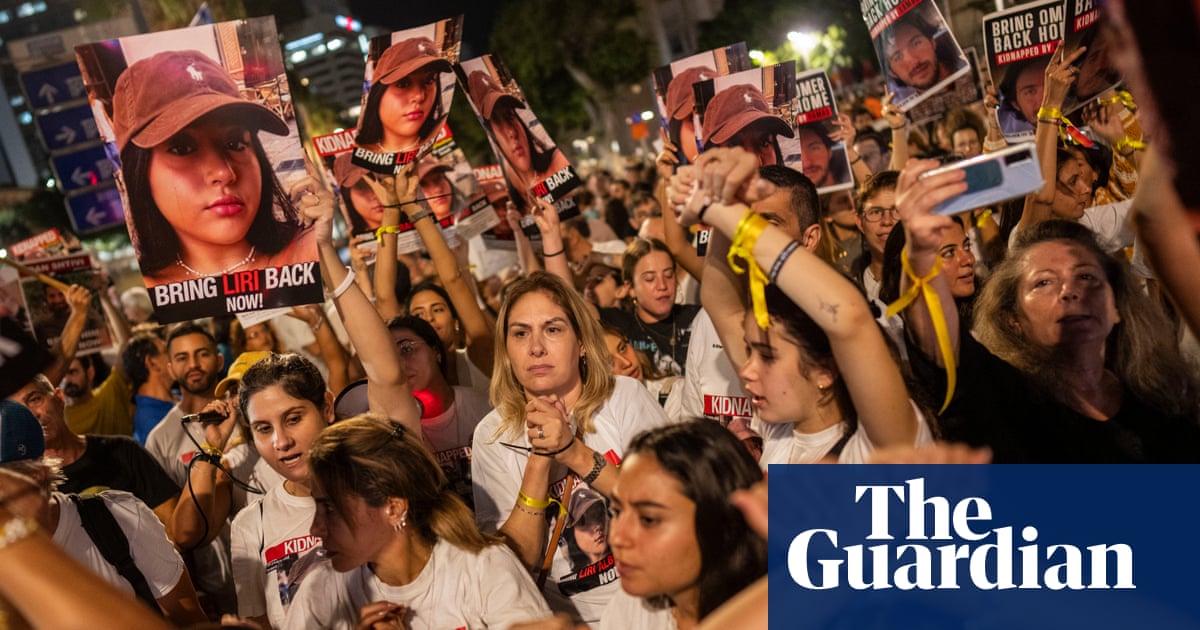
Two grieving fathers have criticised police for using undercover officers to spy on their campaigns to secure justice for their sons.
At the undercover policing inquiry on Thursday, they accused the police of racism for spying on them instead of helping them find out what happened to their sons.
John Burke-Monerville, 81, said he believed that police assaulted his son Trevor Monerville, causing him brain damage. The police kept a secret file on the family’s campaign for justice.
After Monerville was murdered years later, an undercover officer recorded details of two memorial events that were held for him. Burke-Monerville told the inquiry: “The discovery that I, my family and the campaign we set up for justice for my son were spied on by undercover police has had a significant traumatic impact on me.”
The inquiry also heard from Richard Adams, whose 15-year-old son Rolan was killed in a racist attack. He asked why the police had spied on his family’s campaign and failed to protect black people.
The inquiry, headed by a retired judge, is examining how undercover police officers spied on more than 1,000 political groups between 1968 and at least 2010. In one of its strands, it is scrutinising how police repeatedly spied on black justice groups, including several run by grieving families whose relatives had been killed by police or died in custody.
Many are high-profile cases that have been sources of tension between the Metropolitan police and minority communities for many years. They include the campaign run by the parents of Stephen Lawrence to persuade the police to properly investigate the racist murder of their son in 1993.
In 1987, Trevor Monerville, then 19, was diagnosed with long-term brain damage after his arrest by police. The family alleged that officers had assaulted him. A confidential police report from 1987 stated that their campaign was “directly penetrated or closely monitored” by a Scotland Yard undercover unit. At least three undercover officers gathered information about their campaign over nine years.
In 1994, Monerville was killed by unknown assailants. An undercover officer, Mark Jenner, gathered information about two events in 1995 and 1996 held to remember him, the inquiry heard.
Another two of Burke-Monerville’s sons were killed in 2013 and 2019, and in an interview in 2020 he described his emotions as a “multiplicity of grief”.
The inquiry also heard how a group of about 15 white teenagers shouting racist epithets attacked Rolan Adams and his brother Nathan at a bus stop in south-east London in 1991. Rolan was stabbed in the throat with a knife. Nathan, 14, who was hit on the head, witnessed his brother dying in a pool of blood.
The murder had chilling similarities to the nearby killing of Lawrence two years later, but it has had far less attention. At the time there had been a huge increase in racist attacks in the area after the far-right British National party had set up its headquarters nearby.
One man was jailed for murder and four others were convicted of violent disorder. The family’s campaign sought to publicise the killing and to protect black families from racist persecution.
Police reports showed how two undercover police officers, Trevor Morris and Mark Kerry, gathered information about the campaign’s activities in the 1990s and reported it back to their superiors.
Richard Adams told the inquiry: “Black people and victims of crime appear to be more concerning to the police than the racist gangs and rightwing parties. They were not effectively policing the criminals. This makes me sad, disappointed and angry.”
Last month the Met police apologised to both families for the “indefensible intrusion … at a time when the families needed the assistance of police in the pursuit of justice”.
Peter Skelton, the Met’s KC at the inquiry, said: “Both campaigns were reported on by [undercover police] officers, who followed their existing targets into them. However, as soon as the officers’ targets’ interest in the campaigns had been tested, the reporting on them ought to have stopped.”












